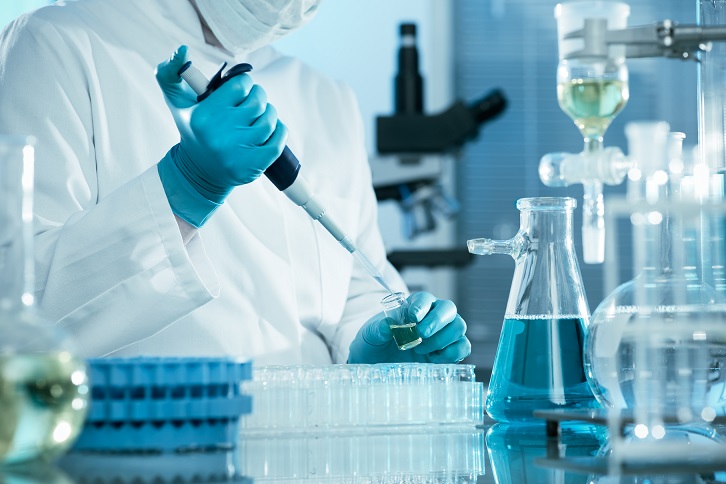How Modern Technology is Improving Health Care (Genome and Algorithms)

Genome Testing
According to an article that rates this year’s medical advances according to their importance, at the top of the list is a new Ebola vaccine that is expected to be available later this year. Genome-based testing, which has the potential to increase the speed and flexibility of clinical trials for life-saving experimental treatments, ranked at number two.
Within the field of genome testing, one of the most important recent discoveries in medicine is CRISPR, which scientists have learned to use as a genome editing tool. CRISPR, an acronym for clustered regularly interspaced short palindromic repeats, is a natural defense mechanism found in bacteria. In the 1980s, scientists began observing patterns of bacterial genomes and now understand more about how the process of preventing viruses from replicating works.
A viral microbe copies the genetic material in each spacer into an RNA molecule. Cas9 enzymes cradle the RNA molecule, and in combination, they explore a cell. If they find genetic material that matches the CRISPR RNA, the viral RNA attaches to it. The Cas9 enzymes cut the DNA in half, preventing it from multiplying. Scientists believe that CRISPR has the potential to revolutionize biology because it can identify and remove bad genes from a DNA strand at very little economic cost.
Health Algorithms
According to a recent study, a new computer-based test can help predict the likelihood of developing dementia. The test utilizes a complex algorithm based on information such as a person’s age, weight, gender, social habits and previous medical history. Those whose test results showed them to be at higher risk could then take additional preventive measures by increasing activities that have been proven to improve memory. The focus of this technology is prevention.
Researchers used the test to assess the medical records of over 226,000 people over the age of 60. The algorithm proved to be so accurate that the developers decided to share it freely with other researchers. Their goal is that it become available to the public and an important element of a national healthcare database. They predict that it may take a few years to reach those goals.
Integrated Health Care Software
Another technological advance in medicine are software services that enable those in the medical profession to deliver a higher level of care. From a patient’s perspective, that higher level of care is manifested at every level of the health care system. Doctors are able to develop superior treatment plans by quickly and securely sharing medical information with specialists. All the time saved by not having to make physical appointments and drive to them can be used to increase communication between doctors and their patients. Automated scheduling capabilities also give other medical staff more time to communicate with the patient, which results in providing the doctor with more useful information.
One of the most common complaints of health care professionals in the last decade is the growing amount of paperwork they are required to complete. Health care professionals choose their careers based on a desire to spend their time having human interactions that result in people feeling better, not learning complex insurance billing procedures. Clinical trials have shown that one of the benefits for health care providers is the simplification and automation of some of the most time and energy consuming billing processes.
The Future
Scientists and health care professionals predict that the next thing that will revolutionize health care is the concept of precision medicine. Rather than offering every patient the same treatment for the same illness or condition, this concept focuses on developing individual treatment plans based on a number of genetic and environmental factors. Research in the field of epigenetics has demonstrated that genes are not, as was once believed, fixed, but are in fact affected by the environment.
The Precision Medicine Initiative, which is currently being developed and is expected to be launched later this year, promises to change the way medical professionals are trained by incorporating many of the newest scientific discoveries. This will allow doctors to more easily develop and implement valuable new techniques into their practices. Scientific advancements in genetics, computer technology, and medicine are making the future of health care look very bright indeed.
Ivanovic J (2016-03-04 08:08:16). How Modern Technology is Improving Health Care (Genome and Algorithms). Australian Science. Retrieved: Jul 12, 2025, from https://ozscience.com/genetics/how-modern-technology-is-improving-health-care-genome-and-algorithms/
 Follow
Follow